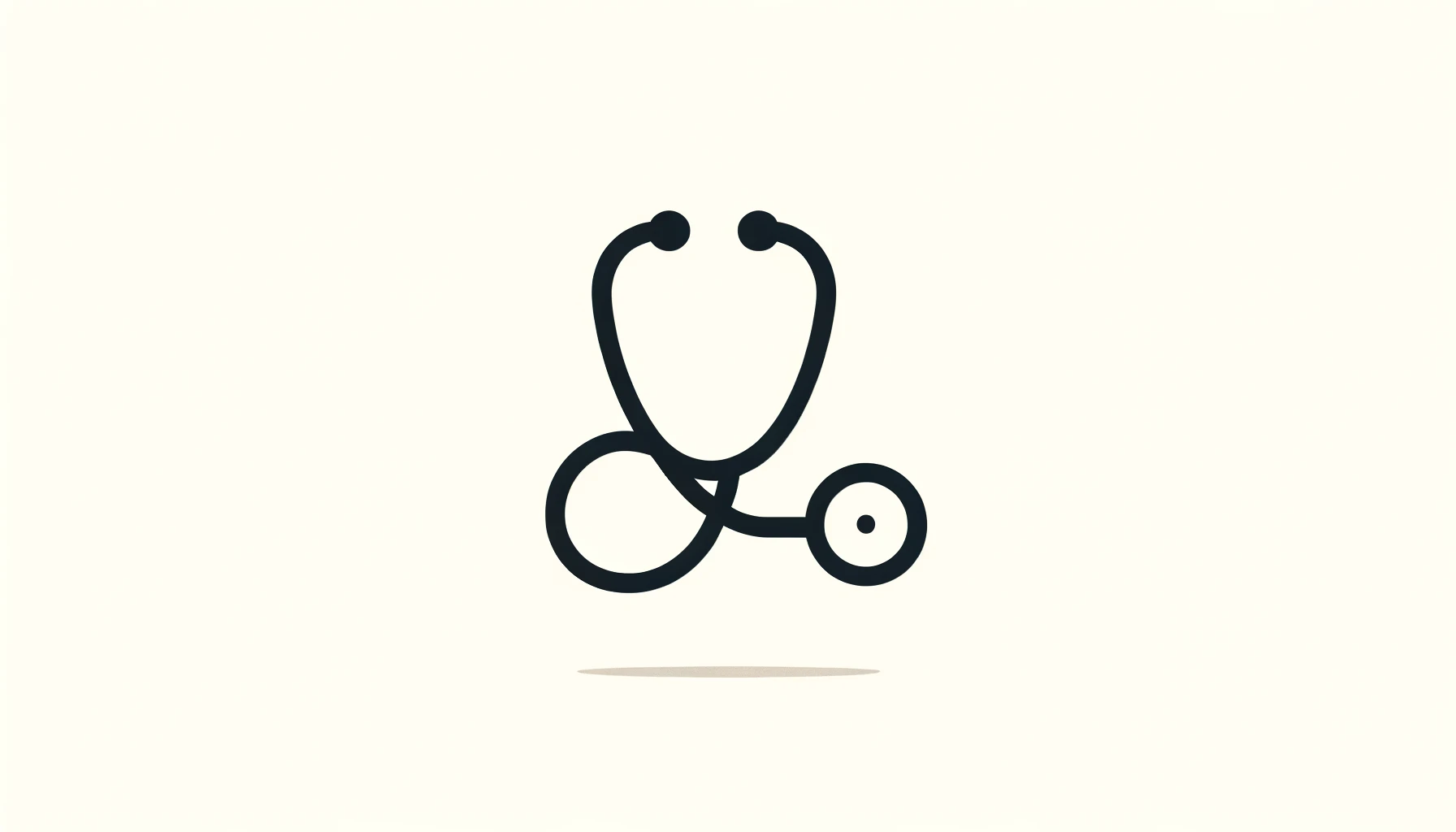In a significant stride towards early and accurate detection of heart disease, Eko Health has raised $41 million in a Series D funding round. The funding, led by ARTIS Ventures, Highland Capital Partners, NTTVC, and Questa Capital, underscores the growing confidence in Eko’s AI-powered stethoscope technology. This infusion of capital brings Eko’s total funding to an impressive $165 million, reflecting the potential impact of their innovations on the healthcare landscape.
Transforming the Traditional Stethoscope
Founded in 2013, Eko Health aims to modernize the stethoscope, a device with a storied history dating back to its invention by French physician René Laennec in 1816. By integrating artificial intelligence (AI) into this timeless tool, Eko seeks to overcome the limitations of traditional stethoscope exams, which can be inconsistent and prone to inaccuracies. CEO and founder Connor Landgraf emphasized the crucial role of AI in enhancing diagnostic precision, stating, “We want to bring precision using AI that could enable patients to get earlier, more competent diagnoses.”
The AI-enhanced stethoscope combines heart sound analysis with cardiac rhythm assessment, providing frontline healthcare professionals with diagnostic capabilities akin to those of a cardiologist. This innovative approach has already garnered FDA clearance for three algorithms, including those for detecting heart murmurs and the first signs of heart failure during routine exams.
Clinical Achievements and Funding Milestones
Eko Health’s recent FDA clearance for its heart failure detection algorithm represents a significant clinical milestone. This achievement is part of a broader effort to improve patient outcomes by enabling earlier detection of cardiac conditions. According to a study conducted by Massachusetts General Hospital, Eko’s AI identified more than twice as many patients with heart disease compared to primary care doctors, highlighting the technology’s potential to revolutionize cardiovascular diagnostics.
The $41 million Series D funding will support Eko’s ambitious plans to expand its AI capabilities and market reach. The company aims to train its algorithms to detect pulmonary conditions such as asthma and pneumonia and to extend its product’s availability to international markets. This expansion is set to enhance the global impact of Eko’s technology, potentially transforming how routine medical exams are conducted worldwide.
The Human Impact and Industry Context
The human element of Eko’s mission is exemplified by Vas Bailey, partner at ARTIS Ventures, who sees profound personal value in the technology. Bailey, who lost his father to heart disease, believes that Eko’s AI-enhanced stethoscope could significantly improve early detection of cardiac abnormalities during routine checkups. “Maybe as a part of your screening, we can help save your life. Maybe it could have helped save my dad’s life,” he reflected.
Eko Health is not alone in leveraging AI for cardiac diagnostics. Other startups like Ultromics and CardioSignal are also developing AI technologies to detect heart conditions. However, Eko stands out for its integration of AI into the familiar and widely used stethoscope, making advanced diagnostic tools accessible to primary care physicians and other frontline healthcare providers.
A Bright Future for AI in Healthcare
From my perspective, Eko Health’s innovative approach to enhancing traditional medical tools with AI represents a significant advancement in healthcare technology. The ability to detect heart disease earlier and more accurately can lead to better patient outcomes and potentially save countless lives. The substantial investment in Eko Health underscores the trust investors have in the company’s vision and the transformative potential of its technology.
As Eko continues to develop its AI algorithms and expand its market presence, it is poised to play a pivotal role in the future of medical diagnostics. By bringing advanced cardiac assessment capabilities to everyday medical practice, Eko Health is not only honoring the legacy of the stethoscope but also paving the way for a new era of precision medicine.






